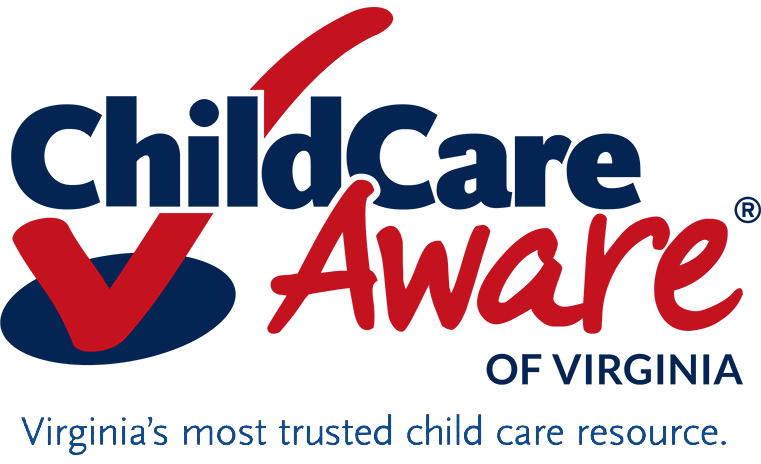 Self-Regulation is Fundamental to Emotional Development
Self-Regulation is Fundamental to Emotional Development
Self-regulation is a child’s ability to manage their full range of emotions according to the situation. A child who has developed self-regulation can stop themselves from throwing a temper tantrum when something doesn’t go their way or can calm themselves down when they become upset. Being able to control your emotional and behavioral response is one of the most important factors for success in school, work, and personal relationships.
Starting from Birth
Babies and toddlers are like sponges, learning new things and developing in new ways every day. Well before babies are able to talk, they experience happiness, excitement, grief, sadness, and even anger. They show these emotions through their body language. As our infants are learning these emotions and how to display them, it’s important that we are also teaching them how to regulate them.
We can begin to do this by actively responding to our baby when they are experiencing an emotion. Notice the sounds, facial expressions, and gestures that your baby makes. Let them know that you recognize and support their feelings. For example if your child keeps spitting out their pacifier, don’t make them take it. If a 9 month-old is sad their mother is leaving, take them to the window to wave goodbye. When babies’ feelings are understood and validated by others, it helps them understand and better control the expression of them too.
As children get older, it’s important to help them recognize what they are feeling. Emotions such as anger, frustration, nervousness, or fear can be easily confused and misinterpreted by your toddler. When you notice your child displaying an emotion, help them identify it out loud. For instance, “I can see that dog scared you.” Saying this helps your child name what he or she is feeling and lets them know that it is ok to feel that way.
When your child does share his or her feelings, do you react or respond to it?
For example, when your little one is upset that a friend has to go home after a playdate, do you react by saying “Don’t be sad your friend is leaving.” Or do you respond with something along the lines of, “I see that you are sad your friend is leaving, I know how much you love playing with him. Let’s wave goodbye and set up a time to see him again soon”. Minimizing the emotion can cause your child to think their feeling is wrong or that they shouldn’t be feeling it. Imagine the shame and confusion this can produce in a young child.
Remember, emotions are natural and healthy! A healthy child won’t be happy ALL of the time. Let your little one experience and go through their emotions. When they work through those negative feelings, they are building their strength and resilience. By teaching them proper ways to cope and manage their emotions, we are providing them with social and emotional skills they will use for years to come.
Trust Your Instincts
Strengthening our families starts with understanding where our child is in their development. Without this important step, we couldn’t begin to know to communicate with them, play with them, or understand what they need from us to grow in a healthy way.
If you have any concerns about how your child is playing, learning, speaking, acting, or moving, trust your instincts! Talk with your child’s pediatrician. Click here to find a free developmental milestone checklist from the CDC. Complete the checklist prior to showing up for your appointment. Remember, YOU know your child best, and your concerns are important. Acting early can make a difference!
Additional Resources:
- Check out CDC’s Positive Parenting Tips based on the age of your child
- Watch this video in which Gregory Fabiano gives practical parenting strategies for parents of children with ADHD addressing noncompliant behavior
- To read up on strategies for teaching your child self-regulation


